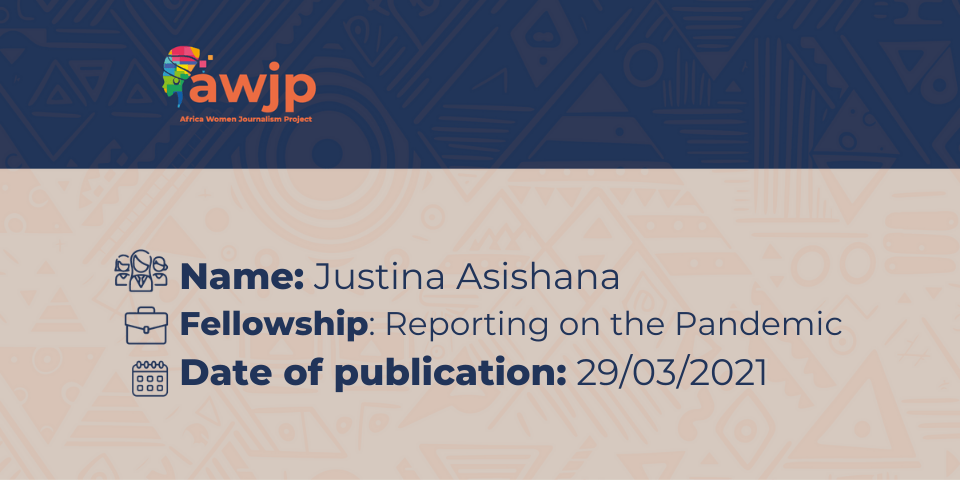Justina Asishana
As a health journalist, I’ve covered various aspects of family planning over the years. But when I stumbled upon the term ‘self-care family planning,’ it intrigued me. I felt a calling to dive deeper, research, and write about it.
In the region of northern Nigeria where I work, family planning remains a sensitive and taboo topic. Women often refer to it as ‘child spacing’ when discussing it.
Given my background in reporting health and reproductive health issues, writing the story was easier than I initially thought. However, connecting the dots between COVID-19 and access to family planning services required some legwork. Many women I approached were hesitant to share their experiences.
So, I embarked on a journey to hospitals and primary healthcare centres. I interviewed women, discovering they were more willing to open up in these healthcare settings. I also conducted surveys to understand who was accessing what services. My journey took me to places like Minna General Hospital, the Old Airport Road Clinic, and various primary healthcare centres in Chachanga and Bosso local government areas.
In my quest for information, I delved into data from the Nigeria Bureau of Statistics and conducted extensive research on self-care family planning. Armed with this knowledge, I approached experts and authorities in the field.
I had enriching discussions with Mrs. Dorcas Abu, the Niger state Family Planning Coordinator, and Mrs. Roselyn Odeh, the Deputy Team Lead of the Delivery Innovations in Self Care (DISC) project. They provided invaluable insights and additional data.
Access to information wasn’t an issue, as family planning advocates were eager to share their knowledge. They hoped spreading awareness would encourage more women to embrace self-care family planning. While meeting with Mrs. Abu was relatively straightforward since she was in the state, communicating with Mrs. Odeh, based in another state, mostly happened through WhatsApp and phone calls. Nevertheless, she was always available to provide additional information and clarification.
Recently, I spoke with the Niger State Family Planning Coordinator, who shared some exciting news. There has been a significant increase in the adoption of self-care family planning methods. More and more women are seeking this option due to word-of-mouth recommendations or radio sensitisation campaigns.
The coordinator also mentioned that the state had received contributions of family planning commodities from donor agencies to meet the growing demand at primary healthcare centres and hospitals across the state.
During my visit to the Old Airport Road Healthcare Center in late March, I witnessed many women waiting outside the Family Planning Unit. The nurse in charge confirmed that the numbers had been on the rise. She mentioned that men even requested condoms, which they readily received. Additionally, many young girls approached the unit seeking education on family planning, and a substantial number opted for self-care methods to reduce their visits to the health centre.
This exploration journey enriched my understanding and positioned me to educate others about self-care family planning methods and the entire family planning process.

